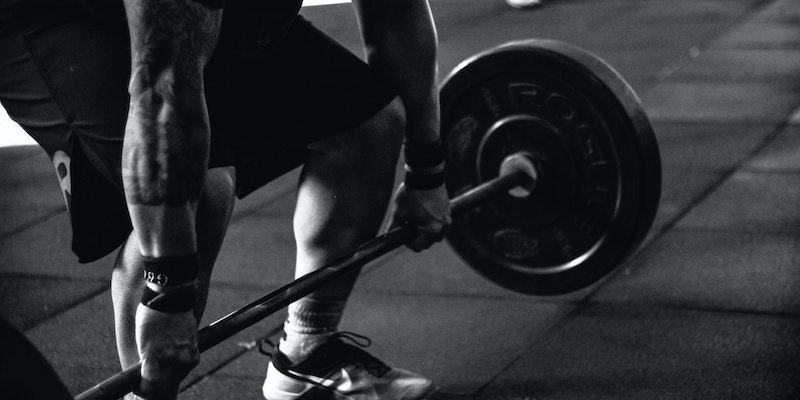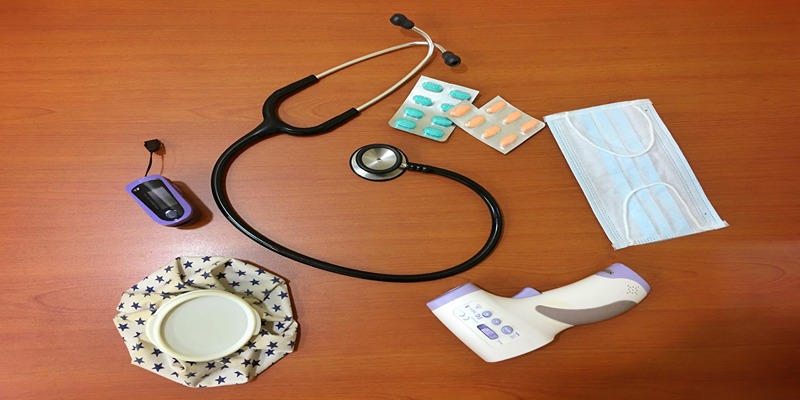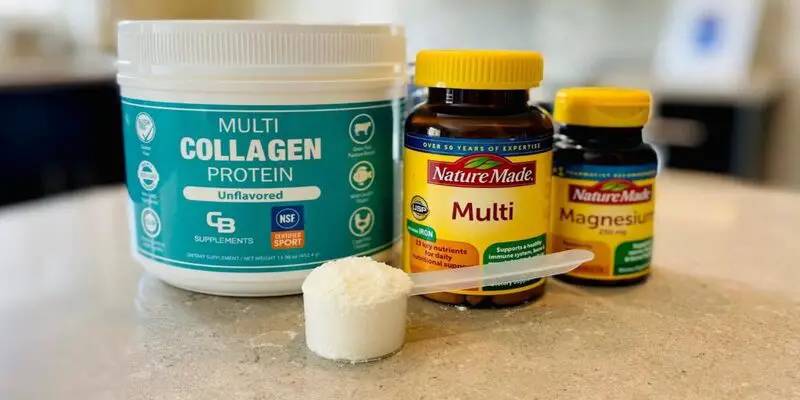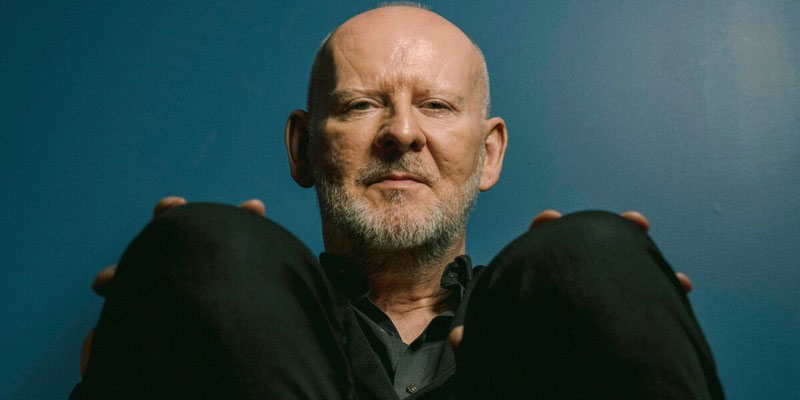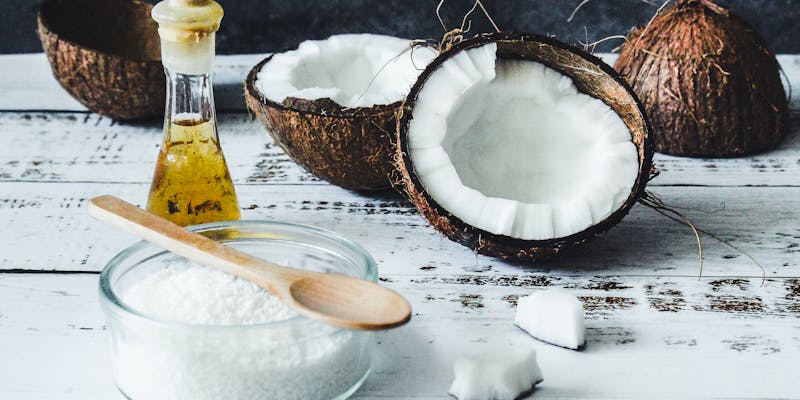Acne is a very common problem many people have on their skin. Many people have acne and pimples on their faces, backs, and other body parts. However, some people also have acne on their scalp. This is a less familiar part of the body where pimples happen.
If you recently started experiencing these scalp pimples, don't worry because we are here to help you. This article will discuss everything that causes scalp acne, the treatment you know for it, and other essential things. So, let's jump into the article and look at it.
What is Scalp Acne?
The first thing you need to know is what scalp acne is. Scalp acne refers to the pimples on your scalp, hairline, or around your scalp. This problem is also called scalp folliculitis, in which the hair follicles get inflammation and redness, forming acne.
In this condition, small, itchy bumps can be painful to the touch and almost like pimples on your face. Scalp acne can be of different types. It can be mild, where there can be blackheads and whiteheads on the scalp. Some people can have moderate acne, which means bumps on the skin's surface.
Lastly, individuals can suffer from severe scalp acne, including nodules and cysts under the scalp. These can be very painful and irritating. Severe acne can leave permanent scars on the scalp and cause hair loss and bald patches. Therefore, you must get this problem treated and visit a professional.
Causes of Scalp Acne
Now, you might be wondering why this happens and what the causes are. Pimples on your skin occur when your pores are clogged. This means dirt, dead cells, and oil accumulate in your pores. The same thing happens on your scalp. When your hair follicles are clogged, and there is a lot of sebum and dead cells in the follicles, it can cause scalp acne.
When you do not take proper care of your scalp, it can also cause different types of bacteria to grow in your hair, leading to the formation of pimples. There can be a buildup of oil and sebum in your hair follicles. If you don't want your hair often, this can also be why you are experiencing g this issue. People who often go to the gym or wear hats can have a lot of dirt and oil production in their hair, which can cause scalp acne.
For some people, fluctuating hormones can also be a cause of pimples. Stress and genetic traits are also two common causes of scalp acne.
Treatment for Scalp Acne

If you are facing this problem and stressing about it, don't worry because we have good news for you. Treating scalp acne is straightforward, and you just need topical medication. The best thing is that these medications can be purchased without a doctor's prescription. So, let's look at the common ingredients that can help you with this problem.
Salicylic Acid
This is a potent ingredient that can do wonders for scalp acne. This is a common ingredient that you will find in many skincare products to fight acne on the face, and it will work wonderfully even for your scalp. Salicylic acid helps a lot in clearing the dead skin cells by breaking down the bond between them and removing them from the pores.
Glycolic Acid
Another ingredient that can work amazingly for your scalp pimples is glycolic acid. One of the main reasons this is commonly used for the treatment is because it exfoliates the skin. It will remove all the dead skin cells, help kill the bacteria, and reduce the sebum production in your scalp. All of this together will minimize the appearance of scalp acne.
Ketoconazole
Scalp acne can also happen due to fungus on your skin. If this is the case, you need anti-fungal medication when Ketoconazole comes into action. These potent ingredients work amazingly to reduce growth in your hair and work wonders to treat the itchy and scaly scalp.
Ciclopirox
Ciclopirox is also an anti-fungal medication that works amazingly for treating acne on pimples. This is also great for treating infections and dandruff on the scalp.
Benzoyl Peroxide
Try benzoyl peroxide if you are trying to find antibacterial medication that will help treat bacterial growth on the scalp. This is the best treatment for Propionibacterium acnes, one of the leading causes of scalp acne.
How to Prevent Scalp Acne?
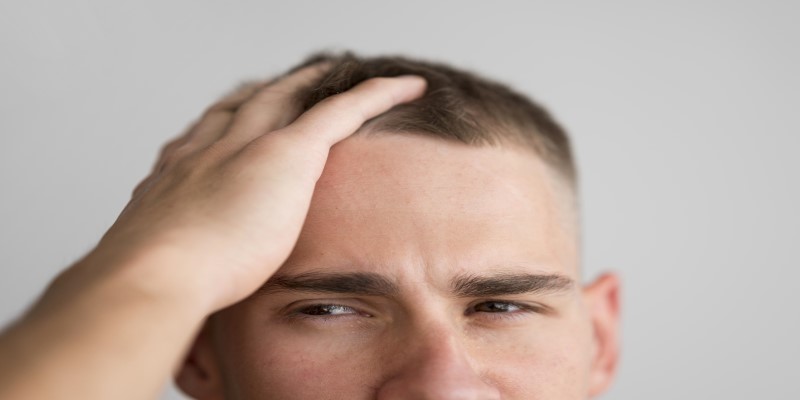
The last thing you need to know is how to prevent scalp acne. Scalp hygiene is essential to ensure you don't get clogged pores and dirty scalp. Ensure you wash your hair at least 2 to 3 days a week. Other than this, if you like wearing headgear and accessories, wear something loose-fitting.
It would be best to avoid using too many hair products; when you do, it would be best to wash your hair afterward. Eating a healthy diet can promote a healthier scalp and make your hair long and thick. Some people can be allergic to certain types of food, which can also cause flare-ups. Thus, tracking the food you eat would be best to ensure you don't end up with acne.
You can also use hypoallergic and natural hair care products to have nice, healthy hair without fearing scalp acne.
Final Words
Scalp acne can happen to anyone; one of the most common reasons is when the hair follicles get clogged. If you face this problem, then the main thing you can do is ensure you are keeping your scalp clean and not letting the sebum and dirt build up in your hair. We have also mentioned some easy-to-access medications to help you with this issue. We hope that with the help of this article, you will be able to treat scalp acne and keep your scalp healthy.
